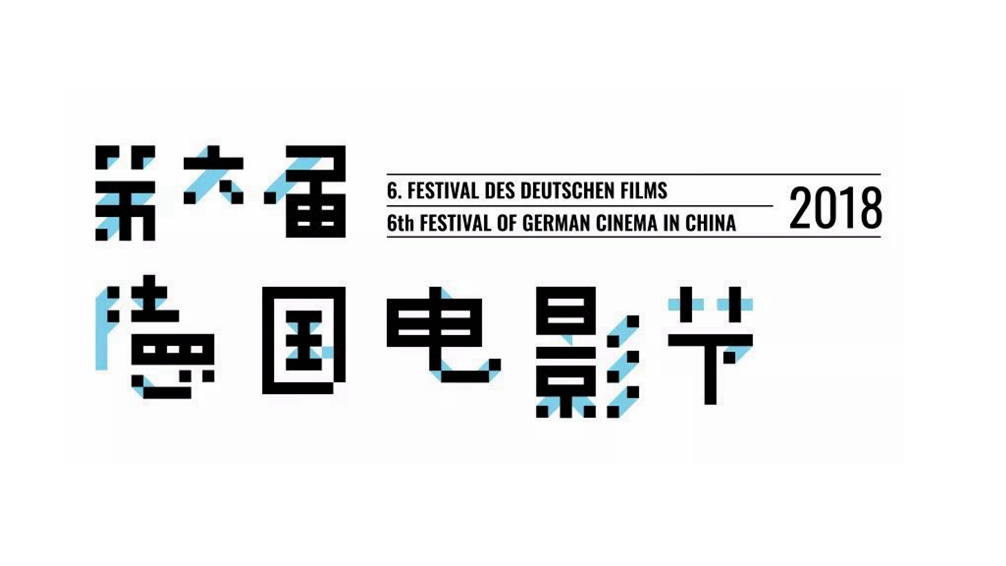
Films
12:28, 14-Nov-2018
Highlights of 6th Festival of German Cinema in China
Updated
12:07, 17-Nov-2018
By Ye Qing

The 6th Festival of German Cinema in China kicked off in Beijing on November 9, 2018, and 12 latest German films will be screened in Beijing and Chengdu starting from November 9, including docudrama, literature, art, crime and thriller.
The Invisible
The opening ceremony featured an exclusive screening of "The Invisibles," a docudrama which describes both in documentary and in fiction parts the life of Jewish people hiding in Berlin during the Nazi regime. Also, it was the film's first appearance in China.
Per definition, a docudrama features dramatized re-enactments of actual events. The film set during World War II, tells the stories of four of these contemporary witnesses. The dramatic re-enactments are intertwined with impressive interviews with the actual people whose lives inspired this film.

A still from "The Invisible" /German Films Photo
A still from "The Invisible" /German Films Photo
Claus Rafle, the director of the film, and known for his allegorical and thematic-audacity style, is determined to give audiences a fresh perspective on this "invisible history."
The film has received a lot of attention since its release. So far, "The Invisibles" has won the silver award for audiences at the Mill Valley Film Festival in the US, also, gotten attention at Atlanta, San Diego and Jerusalem.
3 Days in Quiberon
The story follows legendary German actress Romy Schneider as she gave her last media interview at a nursing home in 1981.
As Hollywood Reporter said, at the height of Romy Schneider's film career, the Germans never took this Austrian screen queen to her proper place. Many years after Schneider's death, people are looking for ways to compensate for the brutal prejudice.
"3 Days in Quiberon" takes place at the end of Schneider's career, and the film restores the actual interview he gave, showing the actress in a state of emotional distress. As part of the historical reconstruction, the film is impressive on a technical level.

A still from "3 Days in Quiberon" /German Films Photo
A still from "3 Days in Quiberon" /German Films Photo
Technically, the film features four characters, including Schneider's old friend and photographer, but in reality, it's Schneider's one-person show.
Variety said the film is a respectful, by-the-numbers recreation of a major interview with Romy Schneider that captures the star's charm and vulnerability without adding anything to the picture.
For fans of Schneider, a superb actress who conveyed charm and vulnerability in equal measure, “3 Days in Quiberon” will pleasurably feed the sheer joy of connecting with a beloved star.
Radical Evil
Stefan Ruzowitzky's nonfiction-drama "Radical Evil," tells of the systematic shooting of Jewish civilians by German death squads in Eastern Europe and searches for the root of evil. Audiences hear the thoughts of the perpetrators in letters, diaries and court reports, and look into young faces that are projection screens for our associations and insights.
The screenwriter and director of Ruzowitzky's haunting concentration camp drama "The Counterfeiters" celebrated its premiere at the Berlinale in 2007 and won the Best Foreign Language Film at the 80th Academy Awards.

A still from "Radical Evil" /German Films Photo
A still from "Radical Evil" /German Films Photo
Among the films to be screened this year are films favored by many international film festivals, as well as works themed on German history or contemporary society.
In addition to the above films, the festival will also feature the tragicomic Miguel Alexandre's "Arthur and Claire," and the psychopathic thriller "Four Hands," which from Oliver Kienle, also, the impressive "Different Kinds of Rain" from Isabel Prahl.
The festival will showcase several German films in Beijing and Chengdu during November 9 to 30, and will hold seminars such as "Retracing the past in the films" at the same time.
(Top Image: The logo of 6th Festival German Cinema in China /German Films Photo)

SITEMAP
Copyright © 2018 CGTN. Beijing ICP prepared NO.16065310-3
Copyright © 2018 CGTN. Beijing ICP prepared NO.16065310-3